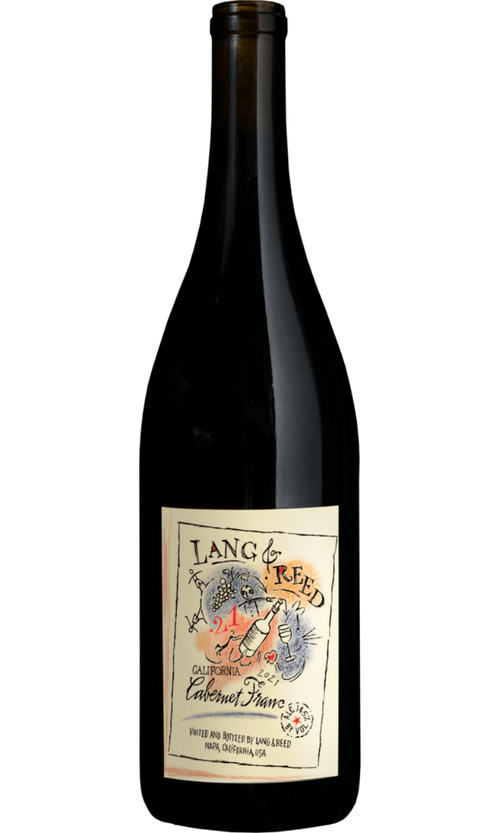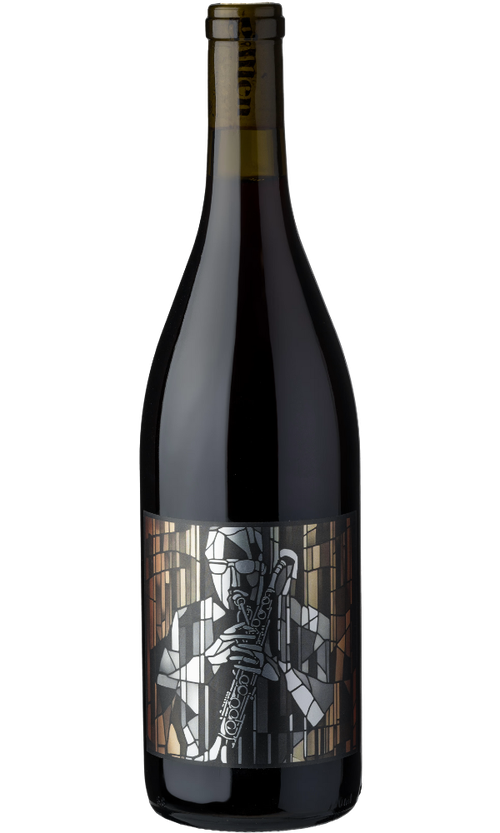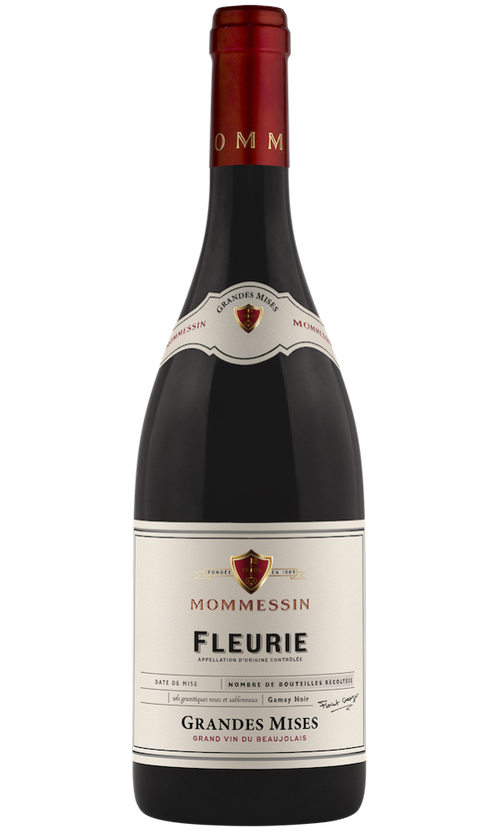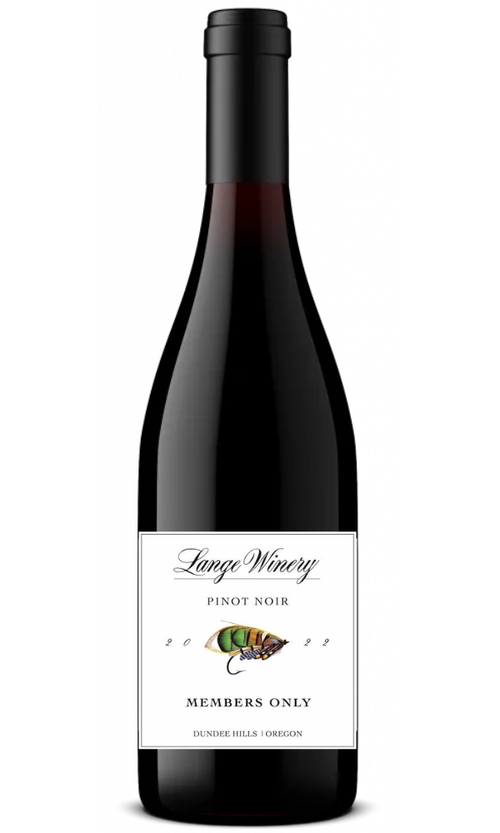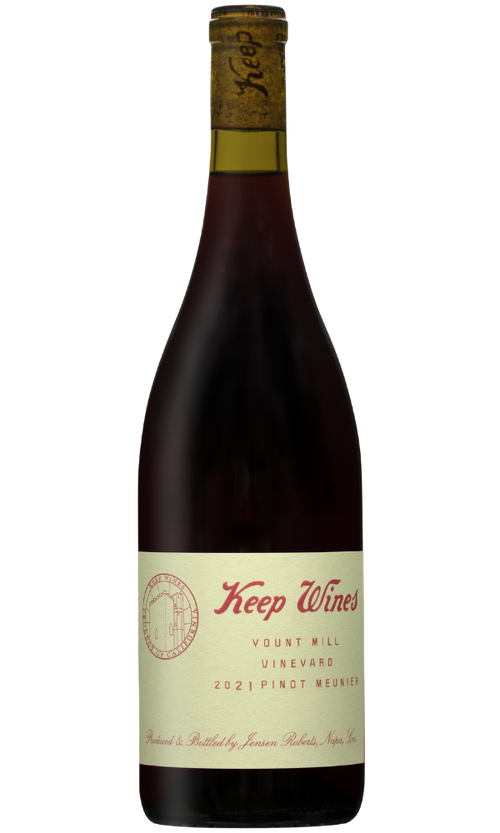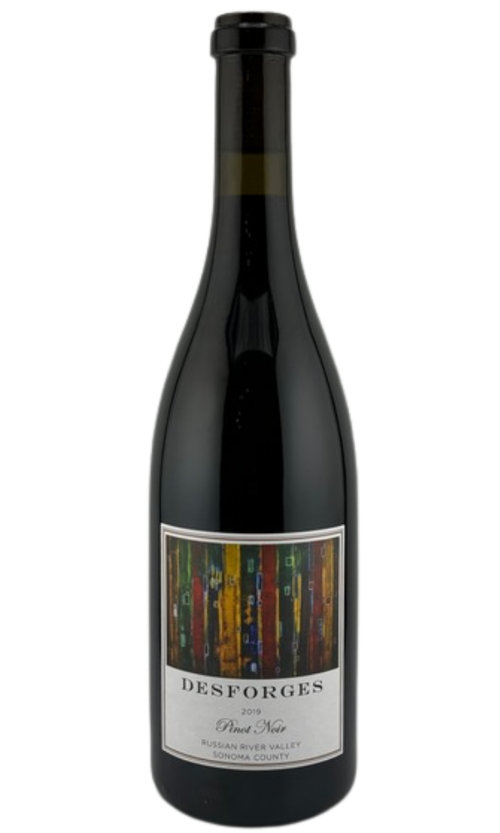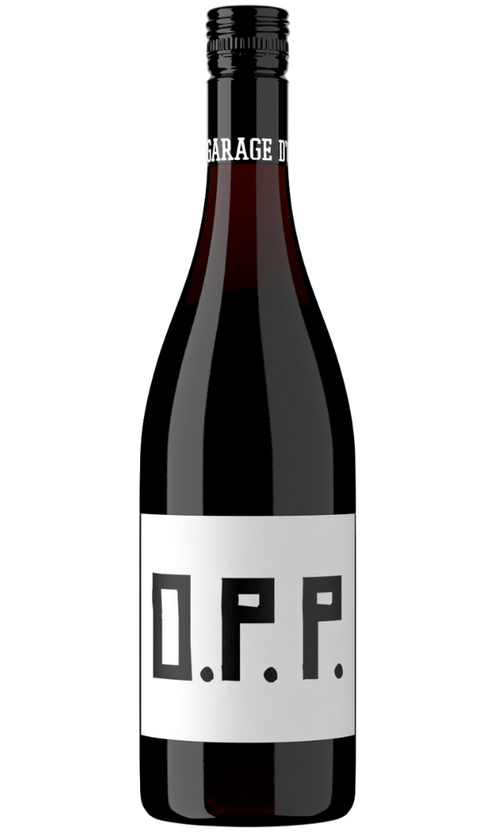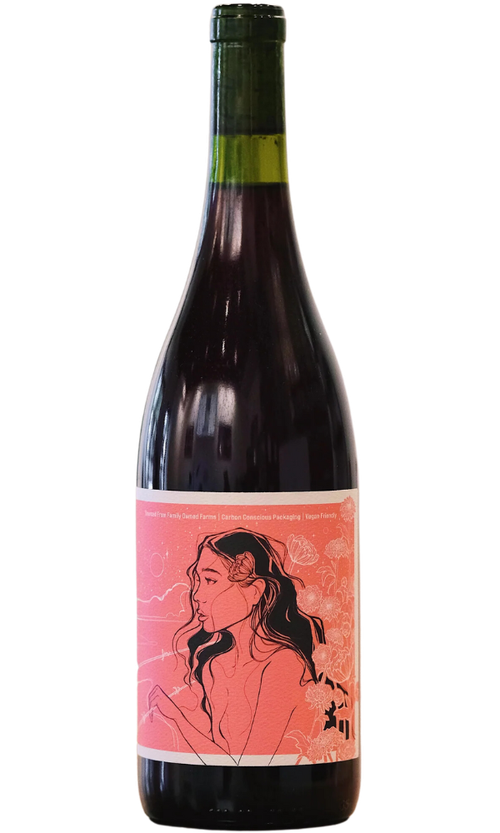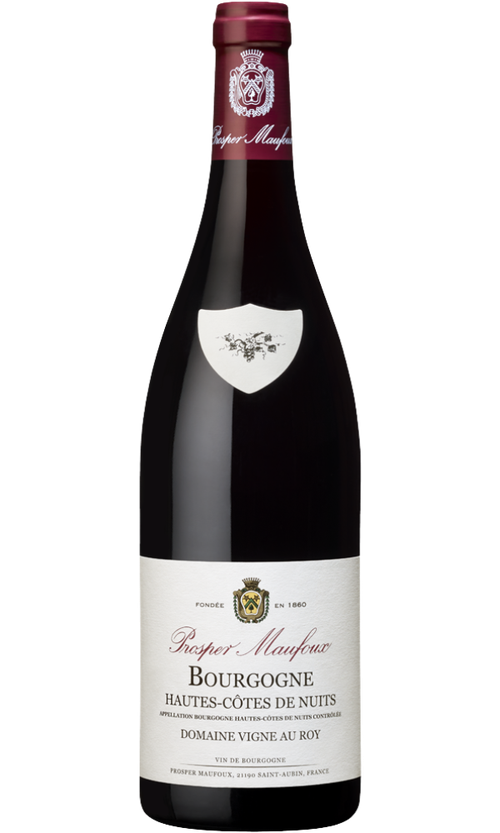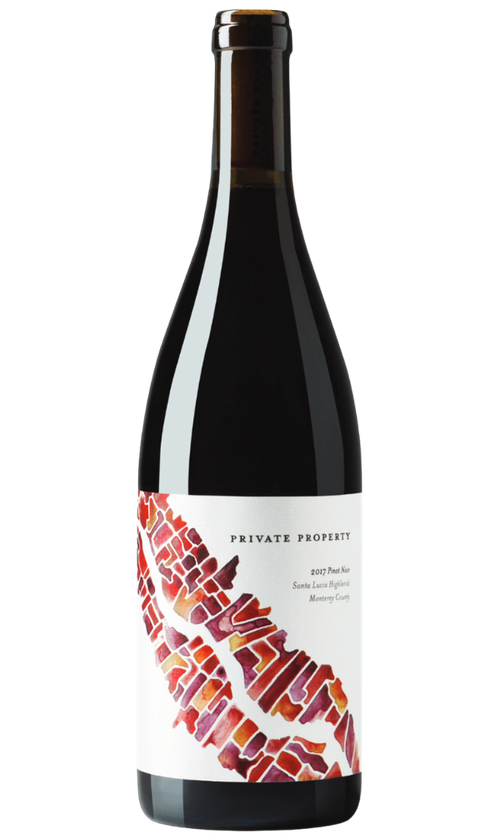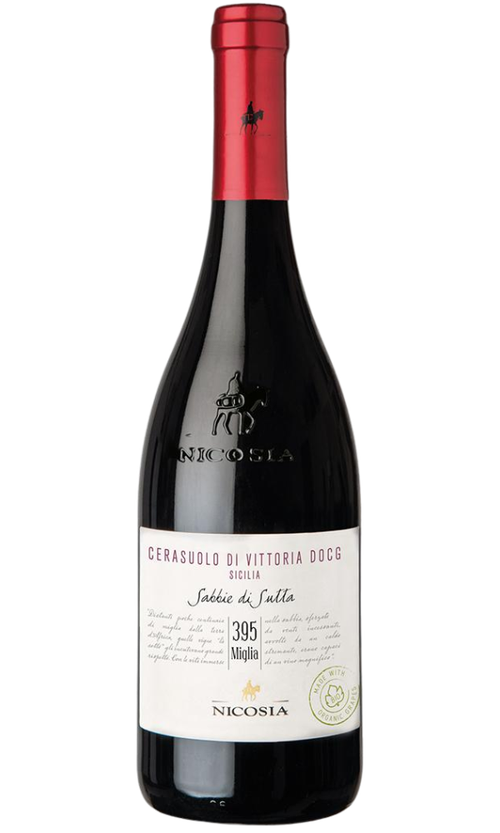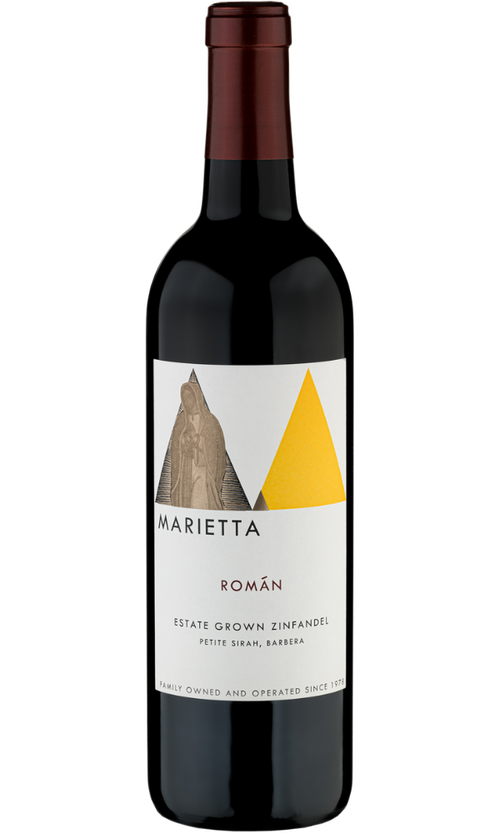
Juicy, vibrant red from a historic Friulian producer
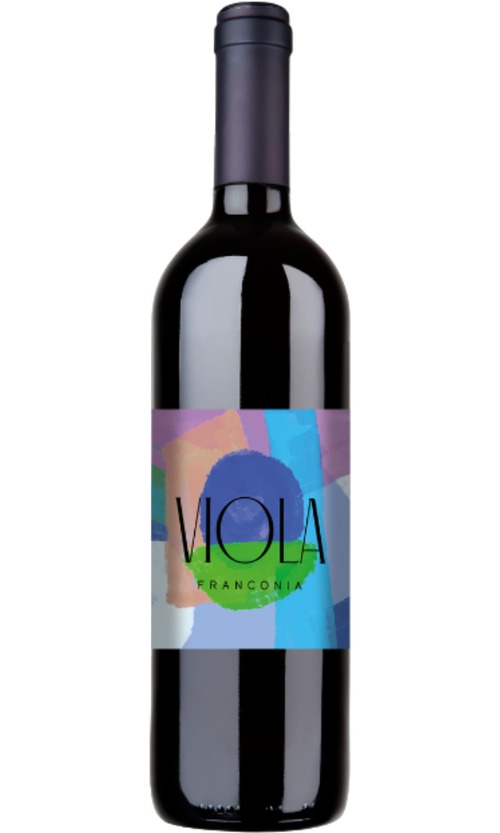
- Curated by unrivaled experts
- Choose your delivery date
- Temperature controlled shipping options
- Get credited back if a wine fails to impress
2023 Viola Franconia Trevenezia 750 ml
- Curated by unrivaled experts
- Choose your delivery date
- Temperature controlled shipping options
- Get credited back if a wine fails to impress
A Delicious Window Into Italian History
The 2023 Viola Franconia isn’t just a delicious, vibrant wine—it’s a gateway into the history of Friuli, the northeastern-most region in Italy. Friuli’s story weaves together the complex tapestry of Latin, Germanic, and Slavic cultures: It’s a borderland that has changed hands more times than a disputed inheritance.
This particular grape variety—Franconia, known elsewhere as Blaufränkisch—arrived in Friuli through the Habsburg Empire's long influence in the region, which began all the way back in 1382, as the Austrians took control of Trieste, the region’s most important port city.
By 1800, the Habsburgs had won control of the entire region, but their vinous influence was already widespread—and as a result there’s a unique viticultural heritage in Friuli where Austrian grape varieties took root alongside Italian traditions.
Friuli's climate proved ideal for these Austrian transplants. The region enjoys a remarkable microclimate where warm Mediterranean breezes from the Adriatic Sea meet cool Alpine air flowing down from the Julian Alps. This daily temperature swing—warm days followed by crisp nights—allows grapes to develop complexity while retaining crucial acidity.
The 2023 Viola Franconia is made by Cabert, one of the most historically important producers in Friuli. Their story began in 1960 when 24 founding members established the "Cantina Sociale del Friuli Centrale" in Bertiolo—and their current name reflects those origins: it’s an acronym of Ca da Bertiolo.
This cooperative wasn't just another commercial venture; it represented the pooling of generational expertise in the post-war agricultural boom. By 1968, Cabert needed its first expansion to handle growing demand; a product of their quality-first philosophy "from pruning to wine tasting" that’s driven their success. Since then, they’ve only increased in stature and scope—resulting in beautiful bottles like this one.
You might also like these wines
- Member Favorite
- You're on page

